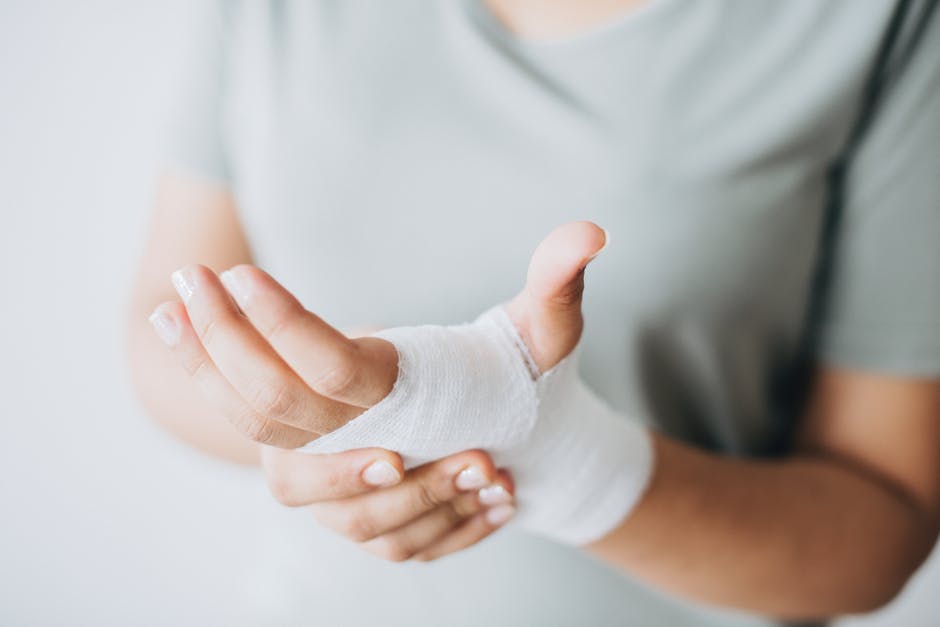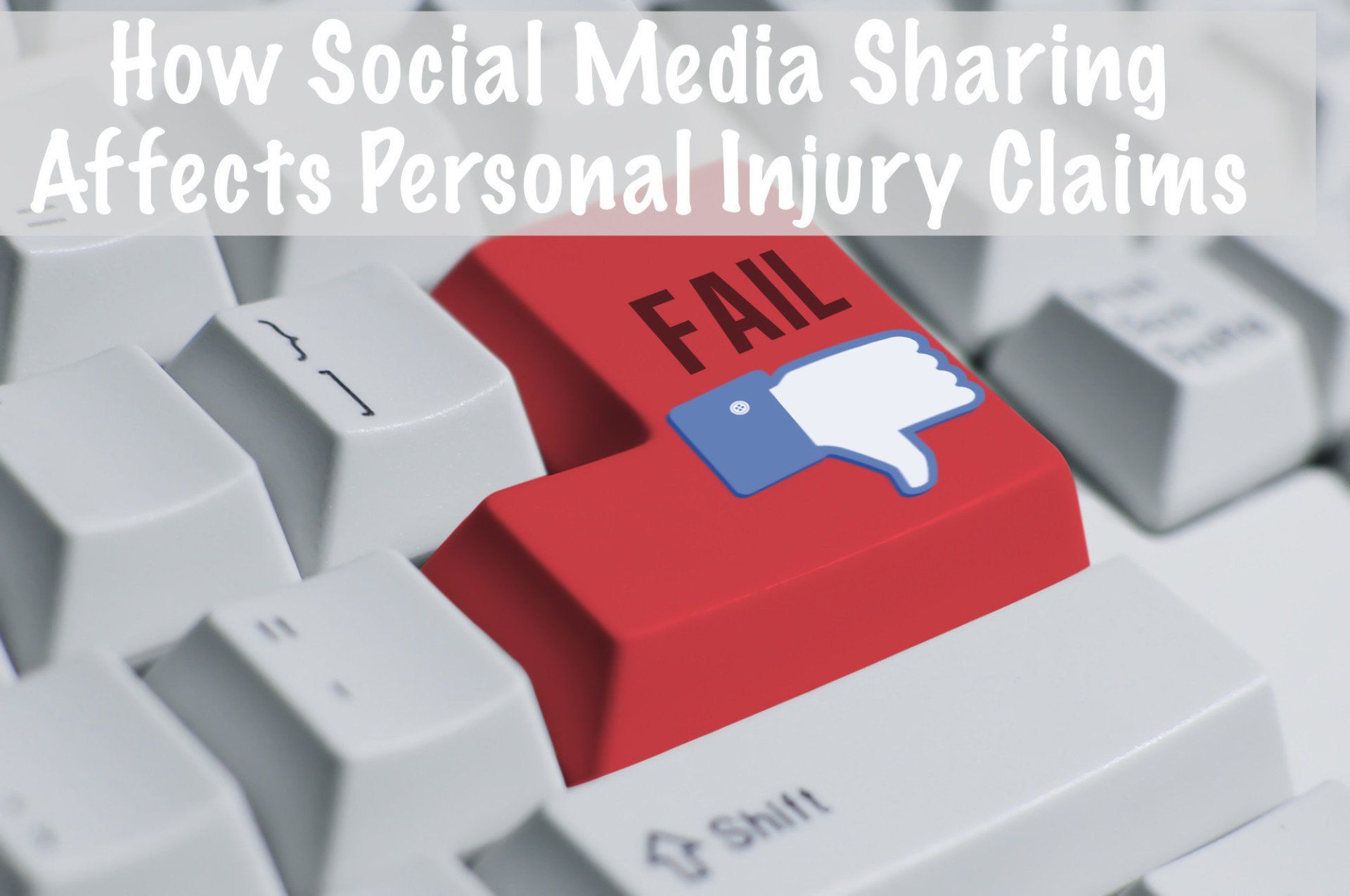What to Do If You've Been Injured on the Job
If you've been injured on the job, you need to check out this article. This is your complete guide on what to do if you've been injured on the job.
Here's a sobering statistic: in 2016, there were nearly three million workplace injuries and illnesses reported by employers in the private sector. Even though the vast majority of workplaces are compliant with safety rules and regulations, accidents do still happen.
It's never pleasant to imagine that these accidents might happen to you. No matter how much care you exercise in your day-to-day performance, you can still be injured on the job. Read our guide so that you know exactly what to do if and when that day comes.
If Necessary, Seek Immediate Medical Attention
The nature and severity of your injury will determine whether or not you need immediate medical care. In some instances, you may only need an ice pack or a bandage from the first-aid kit. Other accidents may require emergency services, ambulances, and hospitalizations.
Do whatever you can to mitigate your pain and stabilize yourself when the accident occurs. Stop any bleeding, bandage any wounds, and take any other steps that may be necessary.
It ought to be obvious that you should stop work, as well, but far too many workers continue to do their job even after an injury. Don't be a hero. Cease whatever you have been doing, sit or lie down, and arrange for transportation to the hospital, doctor's office, or your home.
Alert Your Supervisor
Any time an employee is injured on the job, he or she should alert a supervisor as soon as possible. It's natural to tell them verbally that an accident or injury has occurred, but more important is a written account of what happened.
Some states actually require notification of an injury in writing. Even if yours does not require this, it's still a smart idea. That way, you have begun a paper trail that can help back up your account of what happened, in the event that your workers' compensation claim is denied.
It's also important to report any events to your supervisor so that he or she can take any necessary procedural steps, such as shutting down production, cleaning up the accident site, or filing paperwork.
Get Evaluated Even If No Injuries Are Apparent
Say you fell off a ladder while on the job. You get the wind knocked out of you, and it's likely that you'll have some bruises tomorrow, but otherwise you feel fine. Is it still advisable to get medical treatment?
The answer is a resounding yes. Many physical issues can manifest themselves hours, days, or even weeks after a seemingly inconsequential accident. Whiplash is perhaps the most well-known, but there are plenty of maladies that can develop long after a fall or other accident.
It's essential that you see a healthcare provider for evaluation after experiencing any workplace accident. If your condition doesn't merit going to the emergency department or an urgent care facility, make an appointment with your primary care provider. See your doctor that day, or the next day at the very latest.
File a Workers' Compensation Claim
Some people believe that filing a workers' compensation claim is akin to suing your employer. That simply isn't so. A workers' comp claim is only an insurance claim, and filing one does not indicate animosity toward your company or demonstrate a litigious attitude.
Most states require employers, as well as hospitals and doctors' offices, to have the necessary paperwork on hand. So it is quite probable that they will prompt you to begin the process as you are being treated.
Submit your claim as soon as possible after the incident. Double- and even triple-check it to make sure you have filled out every necessary part of the form, signed it, and dated it. Keep a copy for your own records.
For extra peace of mind, send the employers' copy via certified mail, return receipt requested. That way you can be certain it arrived and was accepted by the employer.
Contact An Attorney Specializing In Compensation Cases
Do you need to hire an attorney after being injured on the job? It depends. It is advisable to consult with one, at the very least. Workers' compensation lawyers will review your case for free , so there's no harm in scheduling a consultation.
If everything is ship-shape, great! If not, however, the attorney will take on your case. Don't worry -- at this stage of the game, you still won't have to pay anything. Any attorney fees will come out of a settlement, should that occur.
What If Your Employer Doesn't Have Workers' Comp Insurance?
There are only a few exceptions to the law that requires employers to have this protection in place. Agricultural employees, domestic employees, and independent contractors may not qualify. If you fall into one of these categories, the state may have a fund that can pay your claim.
If the law requires your employer to have workers' compensation insurance, but they do not, you should contact an attorney. It may be prudent to sue for negligence in this case.
After a Denial of Your Claim
An attorney is a must in this situation. Filing an appeal to the workers' compensation board is possible, but it's also tricky. As such, it's not something that most people feel comfortable handling on their own.
After being injured on the job, you could be facing medical bills, the temporary loss of income, or even a disability that will prevent you from working at all. Workers' compensation insurance is there to help you with your medical care and possible inability to earn money.
With so much at stake, why not have the best possible assistance?
Injured on the Job? Get the Help You Need
Rick Koenig is an experienced and compassionate attorney. Having worked in the legal field of personal injury for over three decades, he understands the intricacies of workers' compensation cases.
If you have any questions about your injury, your workers' compensation claim, or your legal rights, contact Rick Koenig today.








